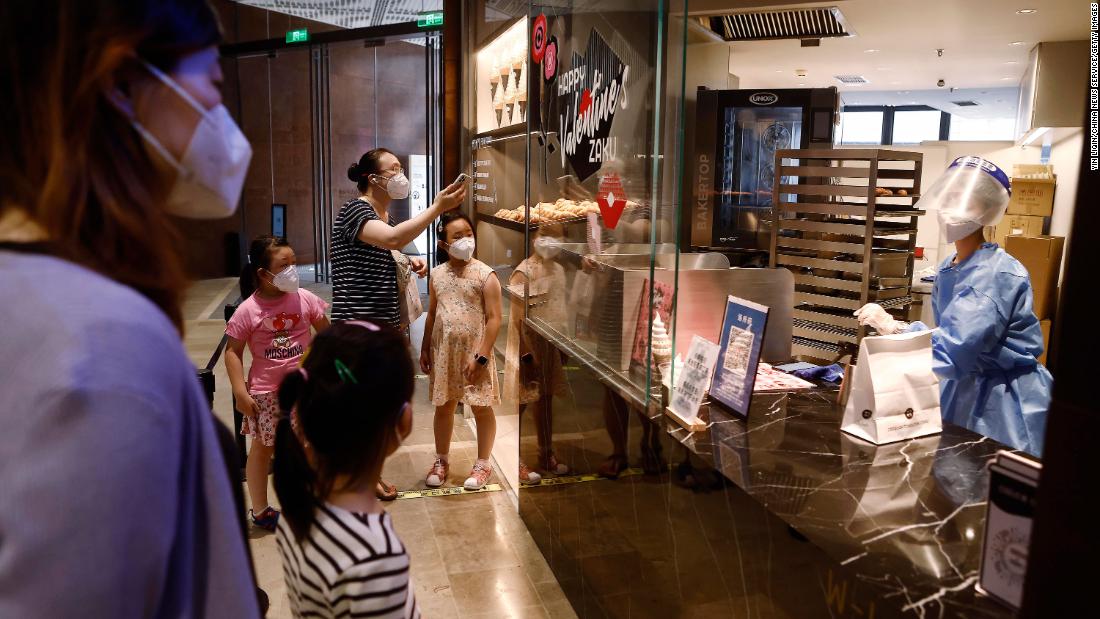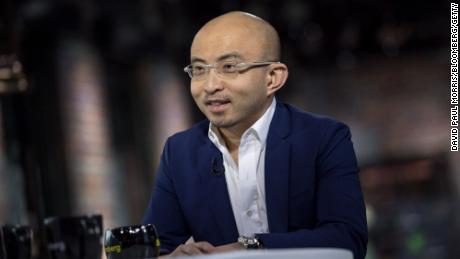
Shanghai authorities on Sunday pledged to allow all businesses to open up from Wednesday. The city’s deputy mayor, Wu Qing, announced the easing of restrictions at a press conference, alongside a raft of 50 new measures being taken to revive the city’s battered economy.
From June 1, businesses will no longer need so-called “white list” approval to have employees working on site. However, those wishing to get to work will still be required to present a negative Covid test 72 hours before taking public transportation.
On Sunday, authorities said they would work to ease “unreasonable” Covid rules. The government also plans to offer tax breaks and rent assistance to businesses, and support for some construction projects.
Concerns remain
China’s economy has been hit hard by the pandemic and the government’s “zero Covid” approach, forcing analysts to lower their growth forecasts for the year.
Last week, UBS downgraded its GDP estimate for 2022 to 3%, much lower than China’s official target of 5.5%.
“The lingering restrictions and lack of clarity on an exit strategy from the current Covid policy will likely dampen corporate and consumer confidence and hinder the release of pent-up demand,” the bank’s economists wrote in a report.
Eric Zheng, president of the American Chamber of Commerce in Shanghai, said that while he welcomed the city’s new measures, they haven’t alleviated all his worries.
“For American businesses, the number one priority is to resume normal operations as soon as possible,” he told CNN Business.
“[But] all too often, sub-district and even neighborhood officials have prevented or slowed the resumption of business operations by imposing excessive red tape.”
Investors across the region appeared to welcome the news on Monday.
The reaction is “a clear signpost the light at the end of the Covid lockdown … has turned a bit brighter,” Stephen Innes, managing partner of SPI Asset Management, told CNN Business.
“The tepid response on mainland equities suggests there may need to be a broader economic reopening,” Innes said.
-— CNN’s Shawn Deng, Elizabeth Yee and Lauren Lau contributed to this report.
